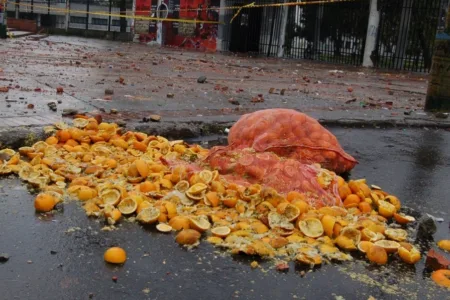Transitional justice for rank-and-file combatants in Colombia: insights from Law no. 1424

As the Revolutionary Armed Forces of Colombia and the Colombian government negotiate a viable transitional justice formula, they will need to devise a solution for combatants who do not fall into the category of being most responsible for the most serious crimes, but are involved to a lesser extent with serious crimes. Despite the differences in the context and actors involved, they are well advised to draw on lessons learned from the implementation of Law no. 1424. In 2010 this transitional justice scheme altered the deal that was originally offered to demobilised paramilitary combatants not covered by the Justice and Peace Law. Combining judicial and administrative proceedings, it takes them to court, but exempts them from prison in exchange for truth-telling and other obligations. As of 2014 the implementing institutions have made headway in processing over 24,000 registered individuals, most of them former rank-and-file paramilitaries. However, a number of challenges have mirrored the problems that marked the law’s genesis, as well as poor inter-institutional alignment. The loss of trust following changes to the rules has strained the processes of truth-telling and reintegration, and ordinary and transitional justice proceedings are not in tune. There are trade-offs in the way in which the various transitional justice and reintegration provisions are applied and connected. Seizing the opportunity of an entirely different negotiation scenario, today’s protagonists have the chance to address the shortcomings of Law 1424. If it is to create appropriate reintegration incentives while effectively upholding victims’ rights, a deal will need to connect judicial and non-judicial formulas in a coherent, strategic and implementable way.